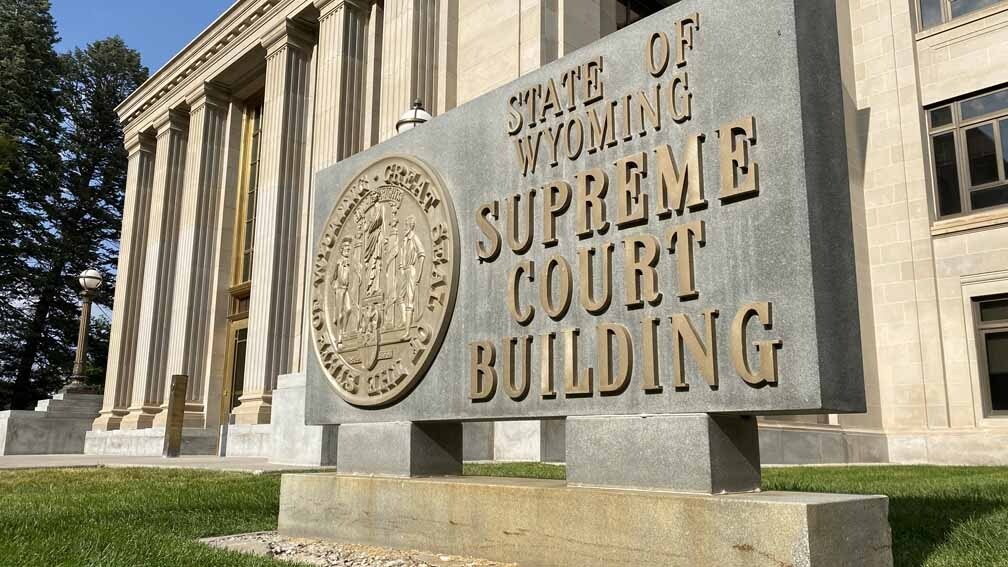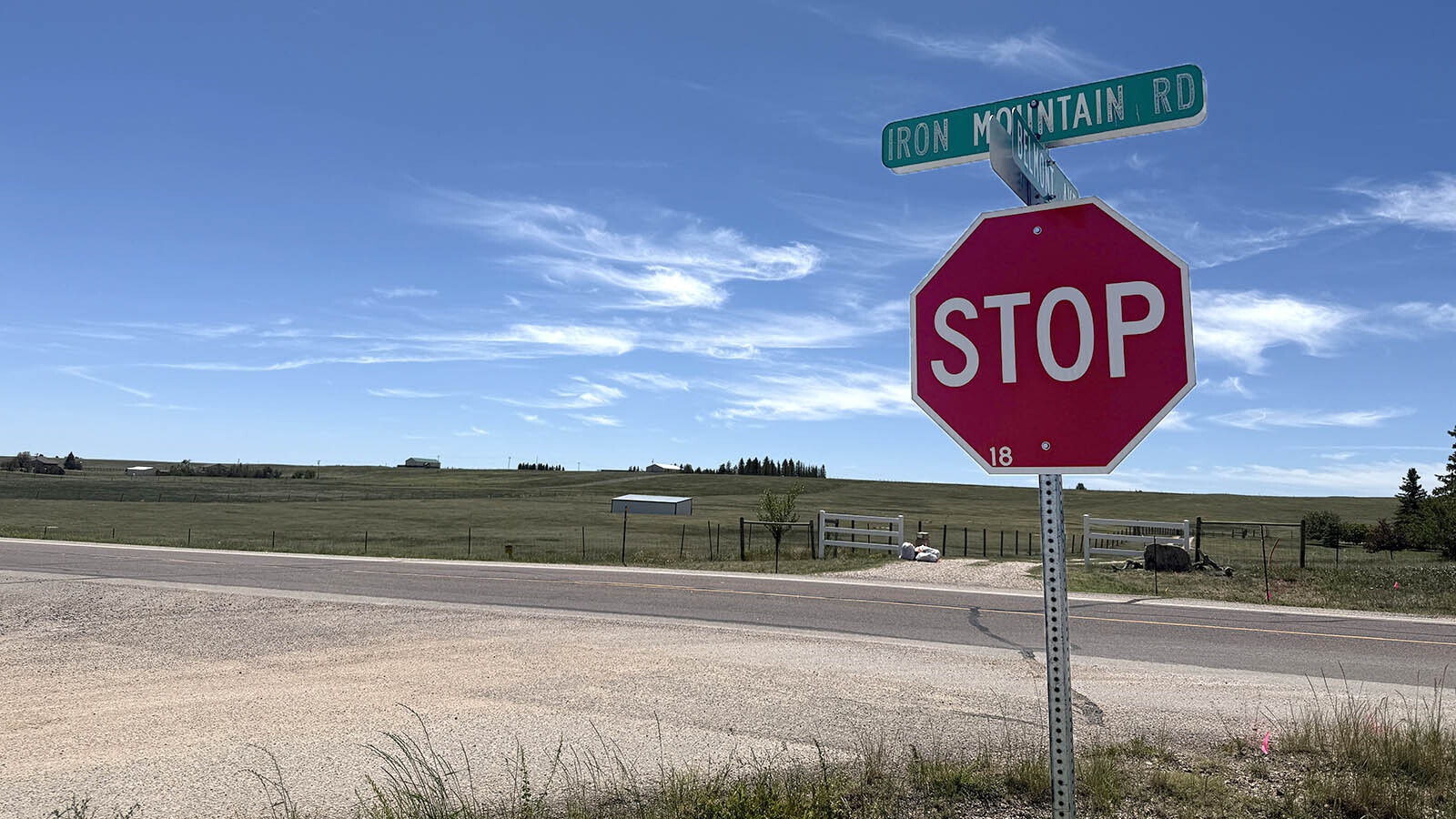A traffic stop that led to a man’s arrest on meth charges went on for too long to use drugs found in his car as evidence against him, Wyoming’s Supreme Court has ruled.
A divided court ruled that meth seized from the car of William Mahaffy should have been suppressed as evidence because the sheriff’s deputy who stopped Mahaffy’s car acted improperly to extend the amount of time it took him to write a traffic citation.
According to the ruling, Mahaffy was riding in a car driven by his wife when he threw a burning cigarette out of the car window. A deputy pulled the car over.
The deputy testified the car’s driver appeared “very nervous,” so he called for a drug-sniffing dog to be brought the location. He then wrote the citation for throwing a burning cigarette out of the car.
The dog and its handler arrived and began inspecting the car while the deputy was completing the ticket. The deputy had Mahaffy get out of the car so he could explain the ticket. After issuing the ticket, the deputy asked Mahaffy why he was so nervous.
The ruling said the dog’s handler then indicated to the deputy that the presence of drugs had been detected and the deputy began asking Mahaffy whether he had drugs in the car.
A search revealed meth and a pipe and Mahaffy was charged with possession and two counts of child endangerment.
Federal courts have ruled that when making a traffic stop, law enforcement can only detain the people being ticketed long enough to issue the ticket unless there is a reasonable cause to extend the stop.
Mahaffy argued the deputy improperly extended the duration of the traffic stop to allow the dog’s search to be conducted in violation of his rights against unreasonable search and seizure.
The trial court in Mahaffy’s case rejected his argument, but justices, in an opinion written by Justice Kate Fox, ruled that the deputy improperly extended the duration of the stop by one and one-half minutes.
“We are concerned here with inquiries that did extend the duration of the stop because they occurred after (the deputy) had completed the citation, and the reason for the stop had been resolved,” it said. “(The deputy) unlawfully extended the duration of the traffic stop after he had completed the citation by asking unrelated questions about the nervousness.”
The case was returned to district court for further proceedings.
However, Justices Lynne Boomgaarden and Keith Kautz, in a dissenting opinion, said Mahaffy failed to raise some of the issues brought up in his Supreme Court appeal when he originally asked for the trial court to suppress the evidence found in his car.
The dissent said Mahaffy did not tell the trial court about the deputy’s questions about his nervousness and did not identify when the purpose of the traffic stop ended.
As a result, Mahaffy should not have been allowed to raise those issues in his appeal to the Supreme Court, Boomgaarden and Kautz said.
“Applying the majority opinion’s analysis, so long as a defendant asserts that law enforcement unlawfully, or unreasonably, extended the traffic stop … he need not clearly identify for the district court the unlawful or unreasonable action(s) or case(s) on which he relies,” the dissent said. “Instead, the ‘mere mention’ of law enforcement’s actions during the stop … will suffice to preserve his right to argue on appeal that his stop was unreasonably prolonged…”





